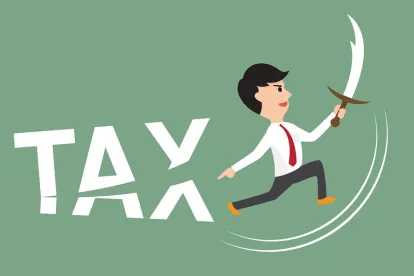A new section 139 was added to the federal tax code in the wake of 9/11 in order to allow businesses, nonprofits, and state and local governments to make disaster relief payments to individuals who have been affected by a disaster. The disaster relief payments are generally tax free to the individuals who receive them. If made by an employer to an employee, payments would be taxable compensation. Under section 139, however, they can be tax free to the employee and still deductible by the employer.
For section 139 to apply, the disaster must be a qualified federal disaster, and the payments must be qualified disaster relief payments. Based on the president’s declaration that the COVID-19 pandemic is a national emergency, and the IRS' interpretation of the declaration for other tax purposes, it appears that the COVID-19 pandemic is a qualified federal disaster under section 139. As a result, payments for relief from this disaster will be qualified disaster relief payments under section 139 if: (a) the payments are made to reimburse reasonable and necessary personal, family, living or funeral expenses incurred as a result of the COVID-19 disaster; and (b) the expenses are not compensated by insurance or otherwise (qualified expenses).
When adding section 139 to the tax code, Congress indicated that employees would not be required to substantiate expenses with receipts, credit card statements, etc. Even so, it is still important to document the terms of any qualified disaster relief payment program so that it is clear that the payments are intended to reimburse employees for qualified expenses. Qualified expenses during the COVID-19 pandemic could include:
-
out-of-pocket medical expenses, like sanitizing cleaning products, rubber gloves, face masks and hand sanitizer;
-
funeral expenses incurred as a result of COVID-19;
-
increased childcare costs incurred as result of COVID-19, including potential technology costs for online education;
-
increased utility costs or food costs due to the quarantine;
-
increased costs related to working from home including printer paper, office supplies, energy costs or higher speed WiFi.
It is important to note that section 139 does not apply to payments made to compensate employees for lost wages or to provide severance pay, nor does it apply to payments made to reimburse expenses incurred for non-essential items or services (i.e., a Netflix subscription).
If any employer desires to make disaster relief payments that are intended to qualify under section 139, we recommend that the employer establish a written program that:
-
specifies which employees are eligible for payments (although there is no formal nondiscrimination testing applicable to these payments, appropriate eligibility parameters should be created);
-
includes requirements to ensure that the payment amounts are reasonably expected to be commensurate with the unreimbursed reasonable and necessary qualified expenses of the employees;
-
describes how the amount will be paid;
-
contains information about what to do if the employee chooses not to receive payments;
-
clarifies that the employer has discretion to administer the program; and
-
sets a term for the program.
In addition, if practicable in light of the circumstances, employers may consider requesting that those employees who receive payments provide a written confirmation that they incurred qualified expenses at least in the amount of the payment that were not reimbursed by insurance or otherwise for the employer's files.




 />i
/>i
